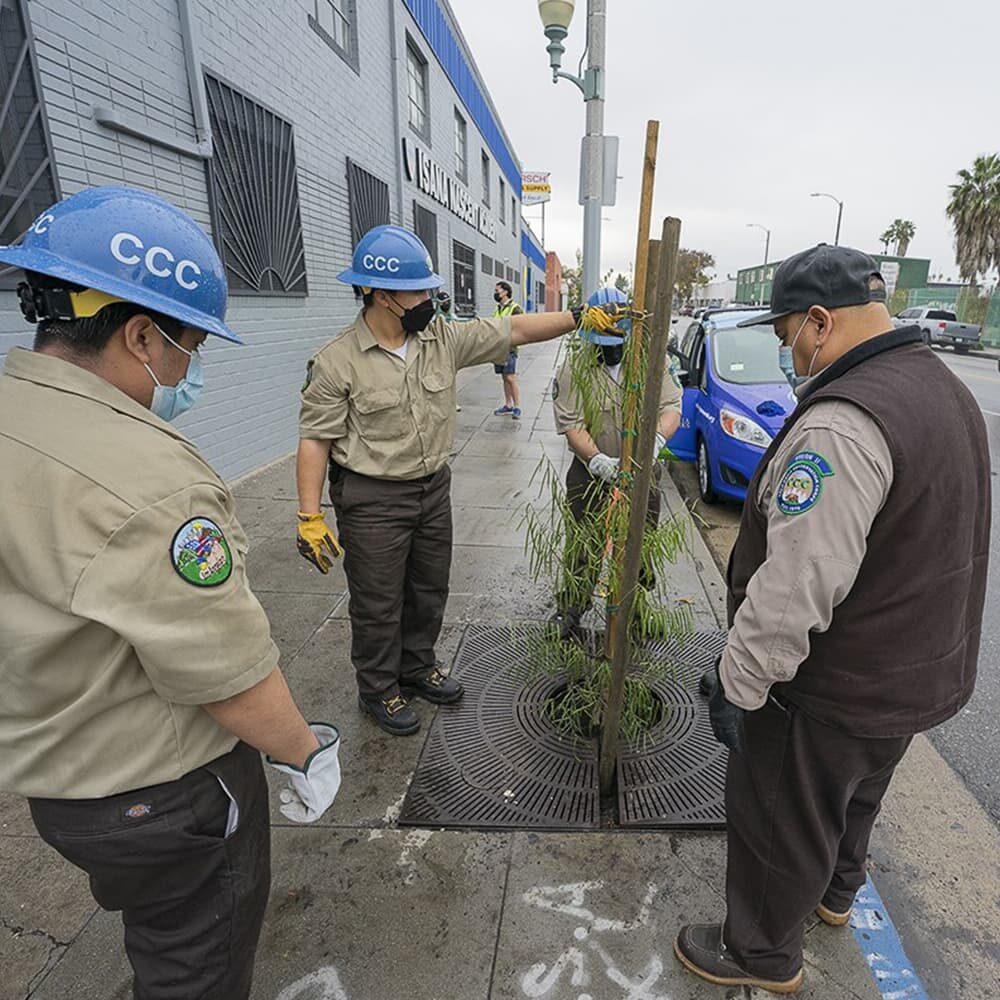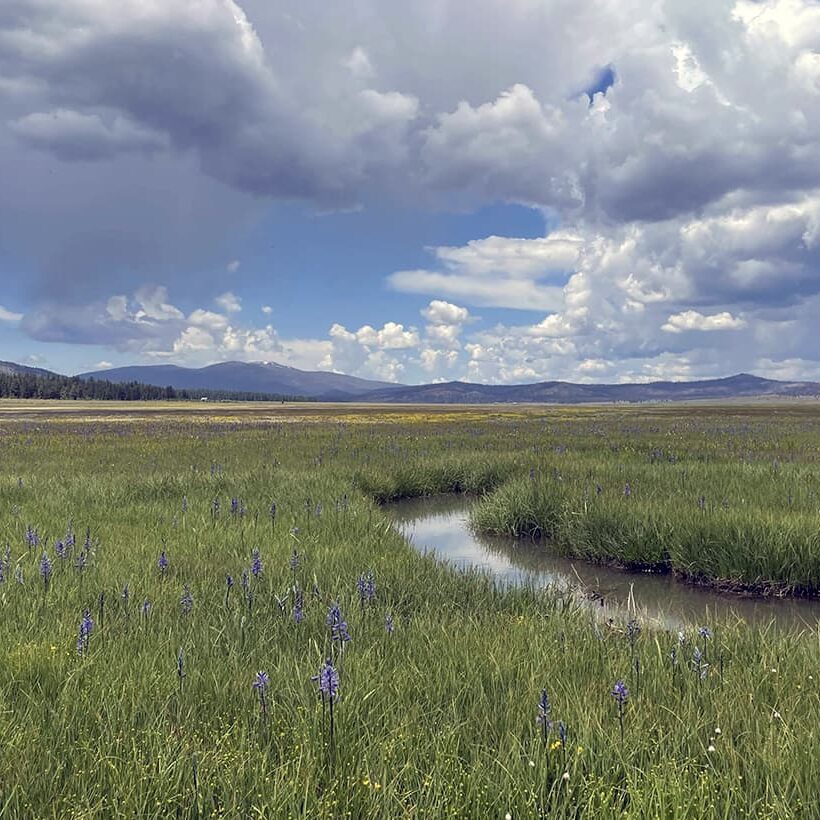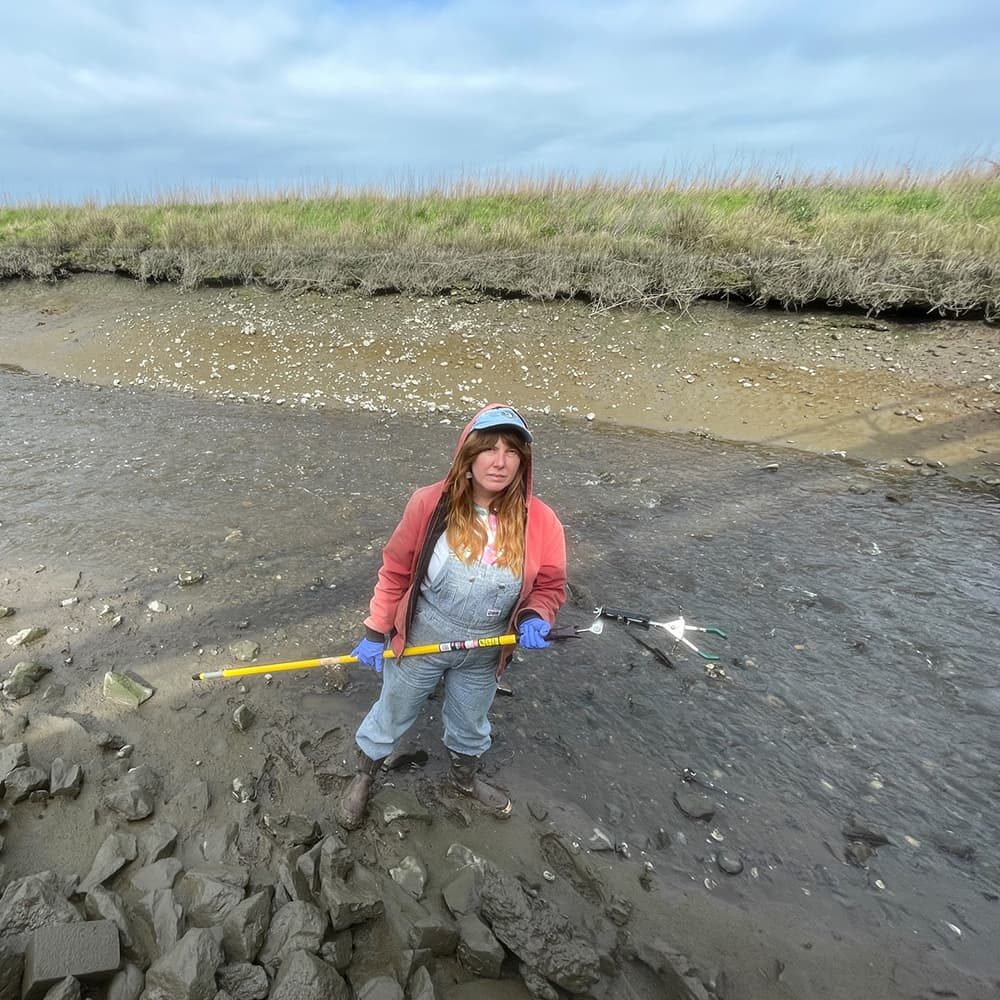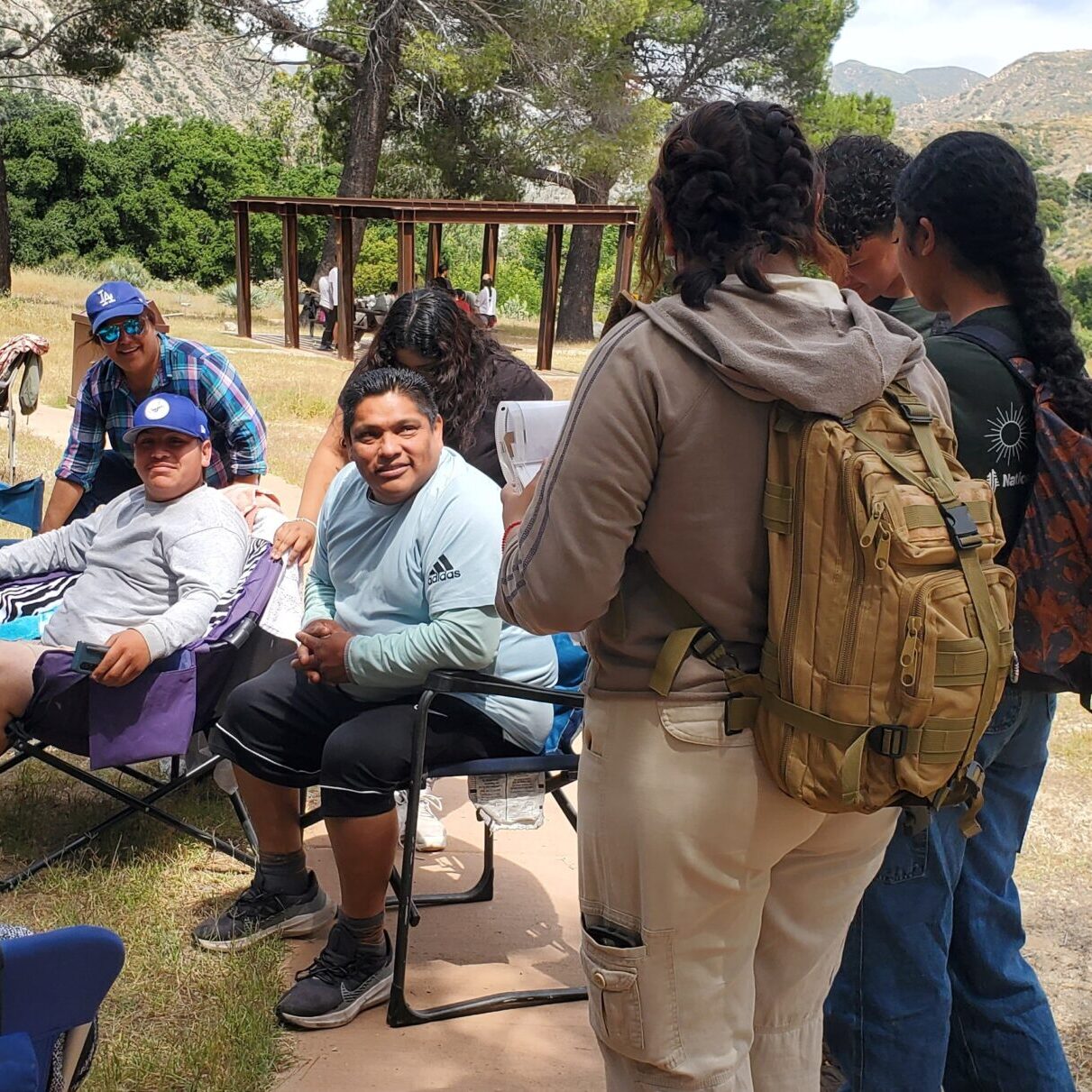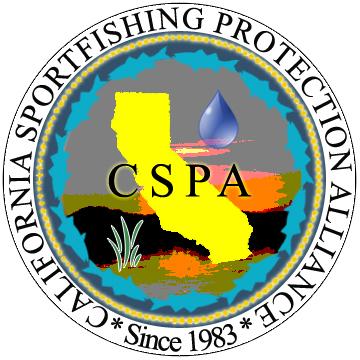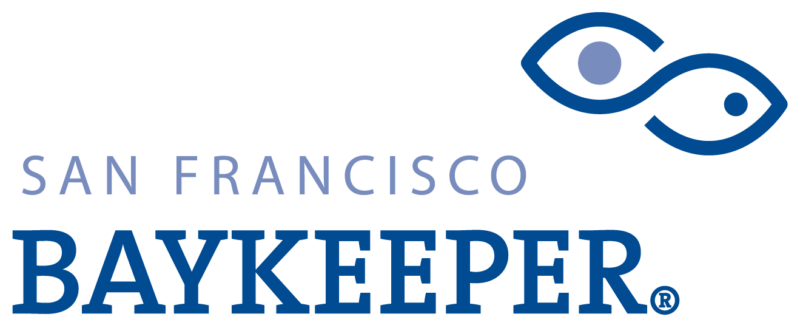California Watershed Protection Fund
The California Watershed Protection Fund supports projects designed to improve water quality and protect watersheds across California.
The fund originated with a $50,000 mitigation payment from a Clean Water Act (CWA) enforcement case brought by San Francisco Baykeeper, and out of this humble beginning, the SF Bay Citizens Action Fund was created. Within a few years, the fund expanded to cover watersheds throughout the State as several other groups including the California Sportfishing Protection Alliance and Los Angeles Waterkeeper among others, directed their mitigation payments to Rose. The fund continues to be enabled by settlements in CWA citizen suits and supports projects which benefit the surface water quality where enforcement actions have been brought.
Due to funding fluctuations, the specific watersheds eligible for grants may vary – please check the list of currently eligible watersheds. The maximum grant amount is $40,000 with most grants expected to range between $10,000 and $30,000. All applicants must be able to demonstrate a strong track record of community-based, water quality stewardship.
In Spring of 2025, the Rose Foundation received significant mitigation funds for San Francisco Bay Delta watersheds thanks to a major settlement secured by San Francisco Baykeeper over allegations that Valero's refinery in Benicia discharged toxic petroleum coke into the Bay. This marked Baykeeper’s 300th legal win, and this significant victory ensures SF Bay-Delta grant funding will be available for water quality focused projects for several years to come. Rose Foundation is proud to distribute the SF Bay-Delta Settlement through the California Watershed Protection Fund.
Fund Details
Maximum Funding Request:
Up to $40,000
Important Dates:
Application Opens: 2/5/26
Applications Due: 4/2/26
Grant Award Decisions: May 2026
This fund no longer requires an LOI process. Applications must be submitted by 5 PM on the due date.
Let’s Connect:
Have questions? Connect with us at grants@rosefdn.org.
Eligibility And Priorities
- The Rose Foundation welcomes proposals from small grassroots conservation and environmental justice groups, but if your organization is new and very small, we urge you to consider applying to our California Environmental Grassroots Fund instead.
- The applicant must be a 501(c)3 organization, fiscally-sponsored by a 501(c)3, or a governmental or tribal entity.
- Non-profit colleges, universities, university clinics and graduate programs are eligible to apply, but university-based entities should speak with a program officer about appropriate overhead and administrative fee amounts.
- The applicant must demonstrate the capacity to complete the proposed project as well as a strong track record of community-based water quality stewardship.
- Organizations that have been funded recently may only re-apply in the next cycle AFTER their final grant report has been submitted. Organizations with an active grant from this fund are not eligible to reapply. Organization with an active grant from a different Rose grant fund may be eligible.
Eligible geographies for this fund vary cycle to cycle due to funding fluctuations. For the Spring 2026 cycle, funding is available for the following watersheds:
- San Francisco Bay Delta Watershed
- The Santa Ynez River watershed, including San Miguelito Creek
- Los Angeles watersheds, including the Los Angeles River, San Gabriel River, Dominguez Channel, San Pedro Bay, and Coastal LA County
- Orange County watersheds, including the Santa Ana River Watershed and Newport Bay
- Humboldt & Arcata Bays
- Projects must benefit the surface water quality of the watershed in question. Eligible activities include water stewardship, conservation, outreach and education, restoration, and watershed protection.
- Projects focusing exclusively on groundwater quality are only eligible if there is known interconnectivity to surface waters.
- We especially encourage projects that involve impacted communities, benefit vulnerable populations, and are centered around principles of equity and environmental justice.
- Please note: Any projects with an education component must have a palpable water quality benefit. Applicants should consider the inclusion of hands-on activities such as planting, restoration, or trash cleanups as part of their projects or other activities that will have a more immediate impact and should be a substantive part of the project proposal.
- The applicant must demonstrate the capacity to complete the proposed project, including experience in successfully conducting similar or otherwise related work in the past.
Below is a list of common project types Rose has seen in the past several years. This list is not meant to be exhaustive but to give applicants an idea of projects Rose typically funds.
Water Quality Monitoring & Testing
- Community science or monitoring programs where data will be used to update an agency’s dataset, help guide water-related policy decisions, or inform a community or neighborhood plan. There should be a clear purpose for the data collection and a plan its use.
Watershed Restoration
- Project proposals may include some element of river, stream, creek, or other surface water improvement. This can include a wide variety of projects including removal of invasive species, planting native species in riparian areas, culvert removal, etc.
Innovative Green Stormwater Infrastructure Projects
- Multi-purpose projects that reduce stormwater pollution and provide community benefits like water for community gardens, workforce development, or improve public/open space.
- Becomes a springboard for community-driven programs that benefit both people and the watershed.
Emerging Toxic & Chemical Threats
- Projects related to toxic and chemical threats where the substance in question poses a clear public health danger but may not yet be well regulated, for example “forever chemicals” such as those found in flame retardants, tires, chemical cleaners, etc.
Community Leadership & Capacity Building
- Develop capacity for community-led stewardship related to improving the water quality of California watersheds. This effort should lead to identifiable actions community members can take to improve water quality through your project proposal.
***A Note About Environmental Education Projects
- While we at Rose believe projects should include components to mobilize and educate community members, projects that are primarily education in nature with limited direct water quality impacts in the near term, are typically not strong candidates for this fund.
- When engaging students, projects must include identifiable actions to protect water quality.
The following activities or types of projects will not be funded:
- Endowment, land acquisition, capital improvement (unless proposed project directly improves water quality) or other similar projects.
- Grants to individuals or for-profit businesses.
- Grants for general operating support.
- Grants for projects in waters that are not listed in the geographic scope.
- Most grants are for a one-year period; however, you do not have to ask for a one-year grant. It is permitted to request a shorter or longer grant period if that is what you need.
- The maximum grant amount is $40,000 with most grants expected to range between $10,000 and $30,000.
- Priority will be given to community-oriented grassroots groups as well as to organizations with a strong track record of community-based water quality work.
- We especially encourage projects that involve impacted communities, benefit vulnerable populations, and that are centered around principles of equity and environmental justice.
- Project proposals must protect or benefit the surface water quality of an eligible watershed.
- Organizations that have been funded may only re-apply in the next cycle after their grant report has been submitted and approved. Organizations with an active grant from this Fund are not eligible to reapply.
Steps To Apply
Please read these instructions carefully and follow them step by step.
Review Eligibility Criteria and Application Materials
Please check all eligibility requirements before starting the application.
Please read the following application instructions carefully and follow them step by step.
FAQ
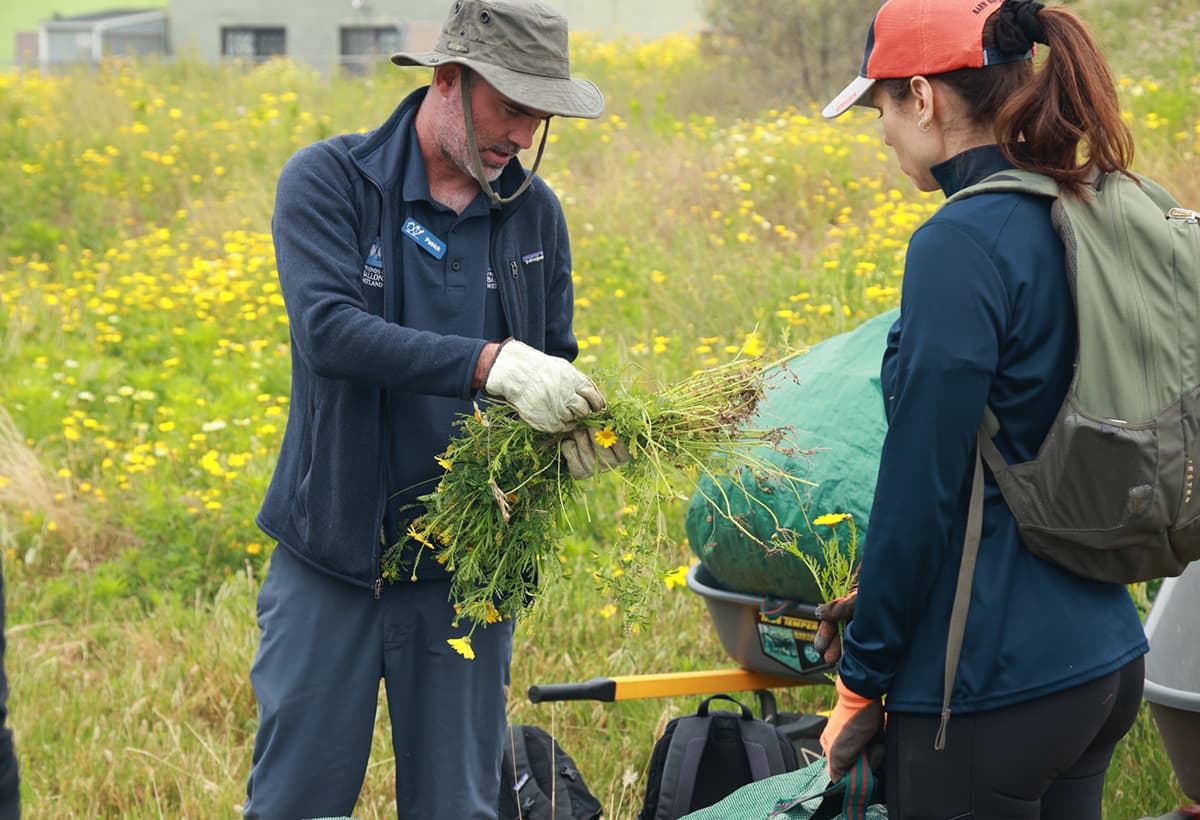
In most cases, the applicant organization does not need to have its physical address in the watershed. However, eligible projects must relate strongly to one or more of the eligible watersheds. If your project is broader in scope than an eligible watershed (for example: statewide policy advocacy), you must be able to demonstrate the specific benefits to one or more of the eligible watersheds.
Projects must benefit the surface water quality of the watershed in question. Eligible activities include water stewardship, advocacy, outreach and education, restoration, and watershed protection. We are especially encouraging projects that involve impacted communities, benefit vulnerable populations, and are centered around principles of equity and environmental justice. Projects focusing exclusively on groundwater quality are not eligible unless there is known interconnectivity to surface waters.
Outreach and Education Projects must have a palpable water quality benefit. Applicants should consider the inclusion of hands-on activities such as planting, restoration, or trash cleanups as part of their projects or other activities that will have a more immediate impact.
No. Many factors affect water quality. For example, land development and transportation patterns significantly impact the volume and toxicity of stormwater runoff. Through aerial deposition, toxics released into the air may return to the ground and pollute watersheds. Sustainable agriculture and integrated pest management reduce pesticide use and correspondingly benefit water quality. Therefore, projects do not necessarily need to have an explicit water quality focus to be eligible, but need to be able to address the impacts as they relate to water quality.
Yes. A successful applicant will be able to clearly demonstrate the linkages between their project and water quality. For example, do your outreach materials include water quality as one of the elements the project is working on? If you are engaged in regulatory or legal advocacy, is water quality one of the issues you are raising? If your project relates to urban farming, can you quantify pesticide reductions, or reductions in stormwater flows or pollution stemming from your efforts?
If your group is awarded a grant, you must provide a final grant report at the completion of your project. If your project is longer than one year, you must provide an interim report as well. The final report is required before your group can receive additional funding. Grantees are also required to acknowledge grant funding in all project signage and publicly distributed materials.
Eligible projects must demonstrate 501(c)(3) status. Non 501(c)(3) projects may apply through fiscal sponsors. Governmental agencies and resource conservation districts are also eligible.
Meet Past Grantees
From grassroots community organizers to groups with nation-wide reach, meet the changemakers supported by Rose grants.
Funding Partners
The California Watershed Protection Fund is supported by the following key citizen enforcement organizations who have sent numerous settlement funds to Rose over the last 30 years. Any signage or publicly distributed materials related to a funded project must include the Rose Foundation and relevant partner organization’s logo. (Directions on logo usage provided in grant contract.)
Take the next step
Do you still have questions about this application process or need additional support from Rose Foundation staff? Here are some helpful resources.
Helpful Resources
Stay Connected
Change is happening! Receive updates on grantee successes, upcoming grants, and opportunities to make a difference. Join our community and be a vital part of the environmental justice movement.
We respect your privacy. Please refer to our Privacy Policy to learn how we handle your information.
